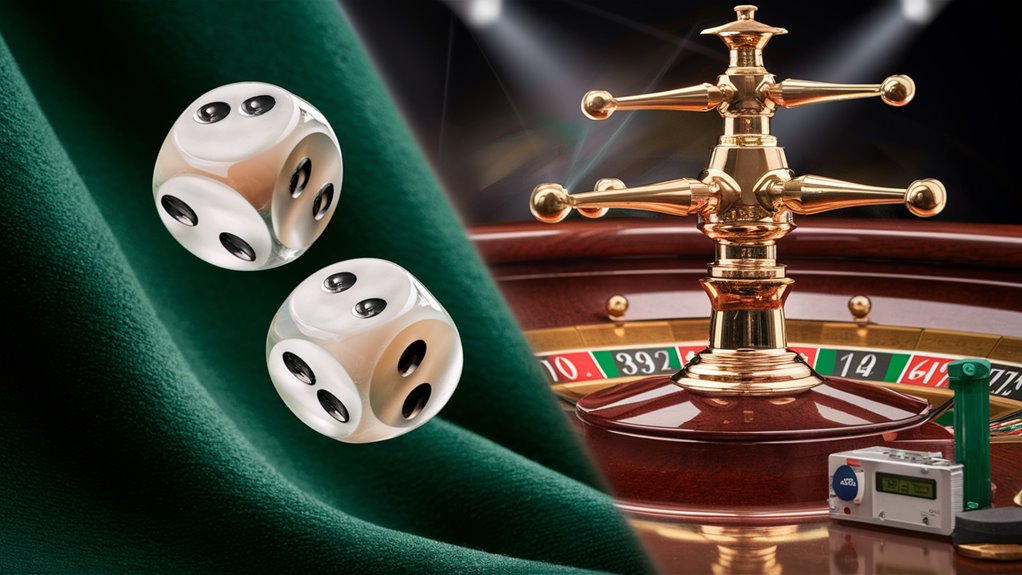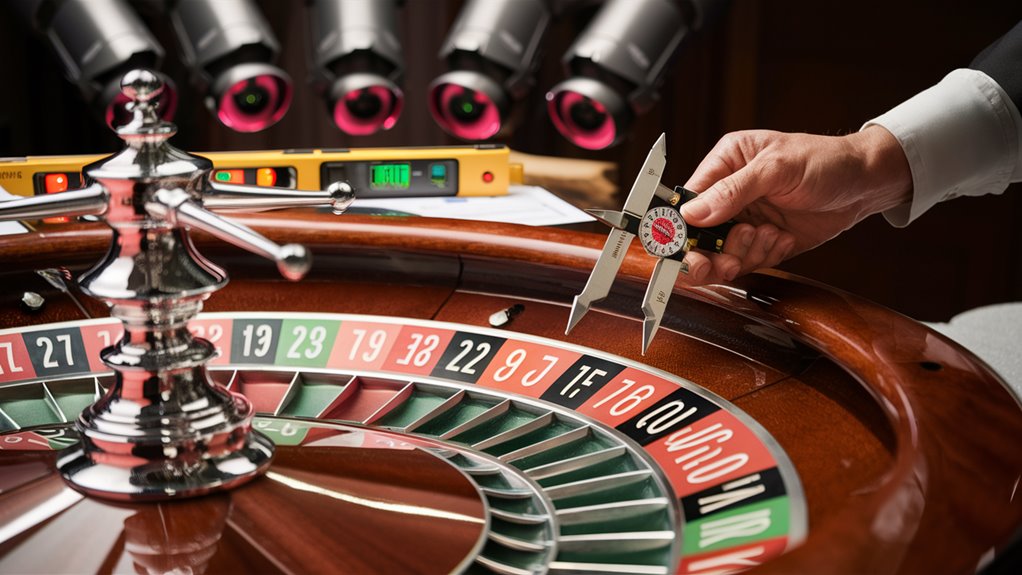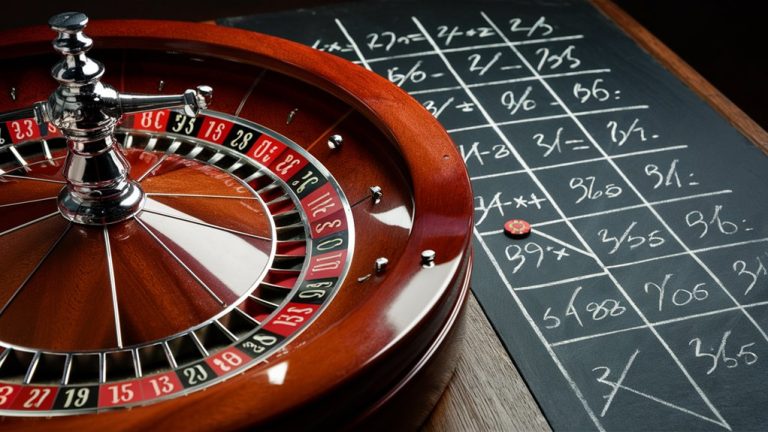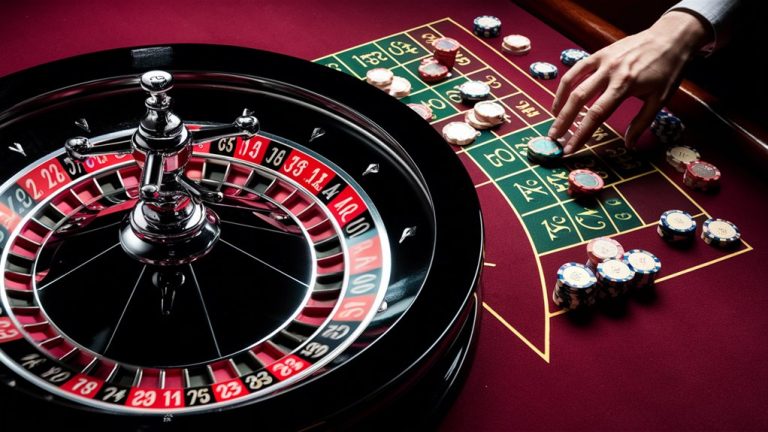
What Makes a Casino Game Fair

A fair casino game must have good math skills and solid random number making to keep stats true. This is built on tested RNG systems that do hard sums fast, making results we can’t guess.
Rules and Tests
Top test groups like GLI and eCOGRA run hard checks with vast stat tests, often over 10 million game plays. This deep look makes sure the work holds up and the said odds match true results.
Edge and Clear Facts
The known edge – like roulette’s 5.26% gain – faces tough checks within ±0.1% allowed change. Casinos must show clear records of: 공식 인증업체 목록
- Money back to Player (RTP) rates
- All game rules
- Payout plans
- Big win odds
Math Basics
The mix of smart chance setups with proven random number makers puts a firm base for fair play. This tech setup lets casinos:
- Make truly random numbers
- Keep steady odds
- Show clear game rules
- Hold fair profits for both house and player
With these strong systems and checks, today’s casino games are clearly fair but still fun.
Understanding Random Number Making (RNG)
The Heart of Fair Games
Random number making (RNG) is the math core that makes fair casino play possible everywhere. These neat systems do tough sums to make truly random numbers with tested trust and fairness.
Types of RNG
Pseudo-Random Number Makers (PRNGs)
PRNGs use detailed math setups, mainly the Mersenne Twister, to make long lines of numbers with fair randomness. These systems are quick and give high-quality random sets.
True Random Number Makers (TRNGs)
TRNGs make real randomness by recording hard-to-see physical events like air noise, faults, or tiny atom moves. This way ensures absolute randomness in number making.
Stats Checks and Look
RNG tests need many stats checks:
- Spread tests for even spread
- Tests for sequence randomness
- Cycle tests going beyond 2^32 rounds
Use in Today’s Games
Modern casino RNGs work fast, doing many sums per second. Each outcome is cut off from the ones before it, keeping true randomness. The process starts with a start number – often a large first number – which sets off the number line.
Staying Safe and Right
Regular outside checks and careful math testing keep game honesty. These systems stop results from being tilted by:
- Always watching
- Stats checks
- Outside tests
- Rule looks
Rules and Watching in Gaming: A Full Guide

Understanding Casino Game Rules
Strict rules lay the core ground for trusted Random Number Generator (RNG) setups in casino game spaces. Game rule boards all around set full plans to make sure of fair play and system strength through strong tests and always looking.
Stats Checks and Needs
Gaming heads use smart stats ways to test game results. Key rule bits include:
- Target points of 95% or more
- Money-back-to-Player (RTP) checks within ±0.5% of aims
- Spread tests for randomness
- Stats looks over millions of game plays
Outside Tests
Outside test labs like Gaming Labs International (GLI) and BMM Testlabs run deep looks at gaming systems. Main testing bits include:
- Code checks of RNG maths
- Chance number checks
- Pattern tests
- Tamper-proof looks
These tough tests make sure game results stay truly random and clearly fair for players. Test labs check millions of game tries against set chance layouts, making sure results match expectations while keeping complete randomness.
Understanding Casino Math: Chance and House Edge
The Math Core of Casino Games
Chance and math basics are the key build of each casino game. With right sums of odds and chances, casinos keep steady wins while making sure games are fair.
House Edge Explained
The house edge shows the casino’s math lead, shown as a percent. In American roulette, the house edge is at 5.26%, found by comparing the win chance (18/38 on even-money bets) against normal payouts (1:1). This math edge means that for every $100 played, the house keeps $5.26 over long play times.
Money Back to Player (RTP) and Game Fairness
Testing Game Fairness
The Money Back to Player (RTP) rate is a key sign for game fairness, calculated as 100% minus the house edge. Blackjack shows high fairness with a 99.5% RTP when played right, ranking as one of the best games for players.
Variance and Random Number Making
Stat variance shows result shifts from expected values, varying a lot between game types. While slot machines have more variance than table games, their set RTPs hold true through tested Random Number Makers (RNGs). These systems face tough stats tests to make sure of true randomness and fair play rules.
Casino Game Rules and Clear Guides
Key Bits of Clear Gaming
Casino clarity is a main part of fair gambling spots. Gaming places must show full rule sets, full payout setups, and right odds sums for each game they give. Right spots keep easy-to-get docs covering bet rules, special bet terms, and game-specific changes.
Detailed Gaming Info Needs
Math clarity holds many key parts in casino works. Operators must show:
- Right pay formulas Gambling Superstitions Around the World
- Big win rules
- Detailed ways to fix fights
- House edge sums
- Game-specific rules (e.g., blackjack hitting steps, split limits)
Checks and Rule Needs
Money Back to Player keeps things clear and fair.



